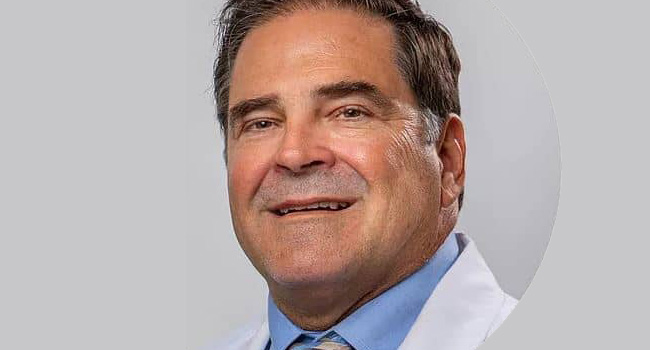Every year, tens of thousands of clinical trials are initiated globally, important research studies that evaluate new medicines, treatments, and their effects on human health. Accel Research Sites, a multi-therapeutic network of clinical research sites, has completed more than 1,000 clinical trials for industry sponsors since its founding in 1998. It operates in several locations across the southeast United States and can conduct phase one, two, three, and four studies.
In this article, Dr. Bruce Rankin, Medical Director at Accel Clinical Research’s DeLand, Florida Site, talks about the challenges facing clinical trials, the future of clinical trial research in a post-pandemic era, and what's so special about Accel Research Sites.
We're multidisciplinary, so we do a vast amount of different trials for multiple medical indications. We are able to work on many different types such as cardiovascular, rheumatology, dermatology, and neurology.
We also do early phase development. We're able to take care of and work on phase one through to phase four clinical development for medical compounds, devices, and vaccines. Accel Sites can work on all stages of development.
With multiple locations and expertise, you can work on several trials simultaneously.
Yes, we have multiple sites. I'm talking to you from our phase one unit here in DeLand, Florida, but we have other sites with other condition specialists. For example, specialists in Alzheimer's, GI (gastrointestinal), dermatology, pediatrics, and gynecologists.From your experience, what would you say are the biggest challenges facing clinical trials?
There are several, including the time that goes into making sure the investigational product is well tested before starting in humans and then just running the trials.Obviously, you have to have the participants, and then there is the protocol development, which is obviously something that can affect the trial. So those are the main challenges: the protocol development, the IP (investigational product) development, and then getting participants that meet specific criteria to come in and enroll in the trials.
Which one is open to the most improvement?
The challenges that can delay or affect progress are trial specific. In some trials, the protocols are so prohibitory. Sometimes there's an issue with the investigational product, which causes delays, and they have to alter the formulation. Then there times when it is tough to get people to come in and get involved with the trials.Here at Accel, we have a very big marketing group, so we're able to do a lot through social media and advertisements to inform people about the trials we are doing.
Successful recruitment and retention of participants have long been among the most challenging aspects of conducting clinical trials. What can be done to get more people into trials and reduce any subsequent dropout rate?
I think it's just about raising public awareness and informing people that new developments and new treatments for disease are achieved through the trial process. I think the COVID vaccine trials have done a lot to start that process. More people are coming in now that previously never knew about or understood clinical trials. They want to do something to try and help with this COVID illness. So, this is kind of unique, seeing people come in during the middle of a pandemic saying they want to do something. I think raising public awareness of how trials are done, the stringent safety measures we follow, and the amount of oversight there is would be helpful.Clinical trial participants are probably going to be followed much closer than they would be routinely through their general medical care. That's because we look for signals of safety issues constantly to make sure what we're working on is safe and effective.

